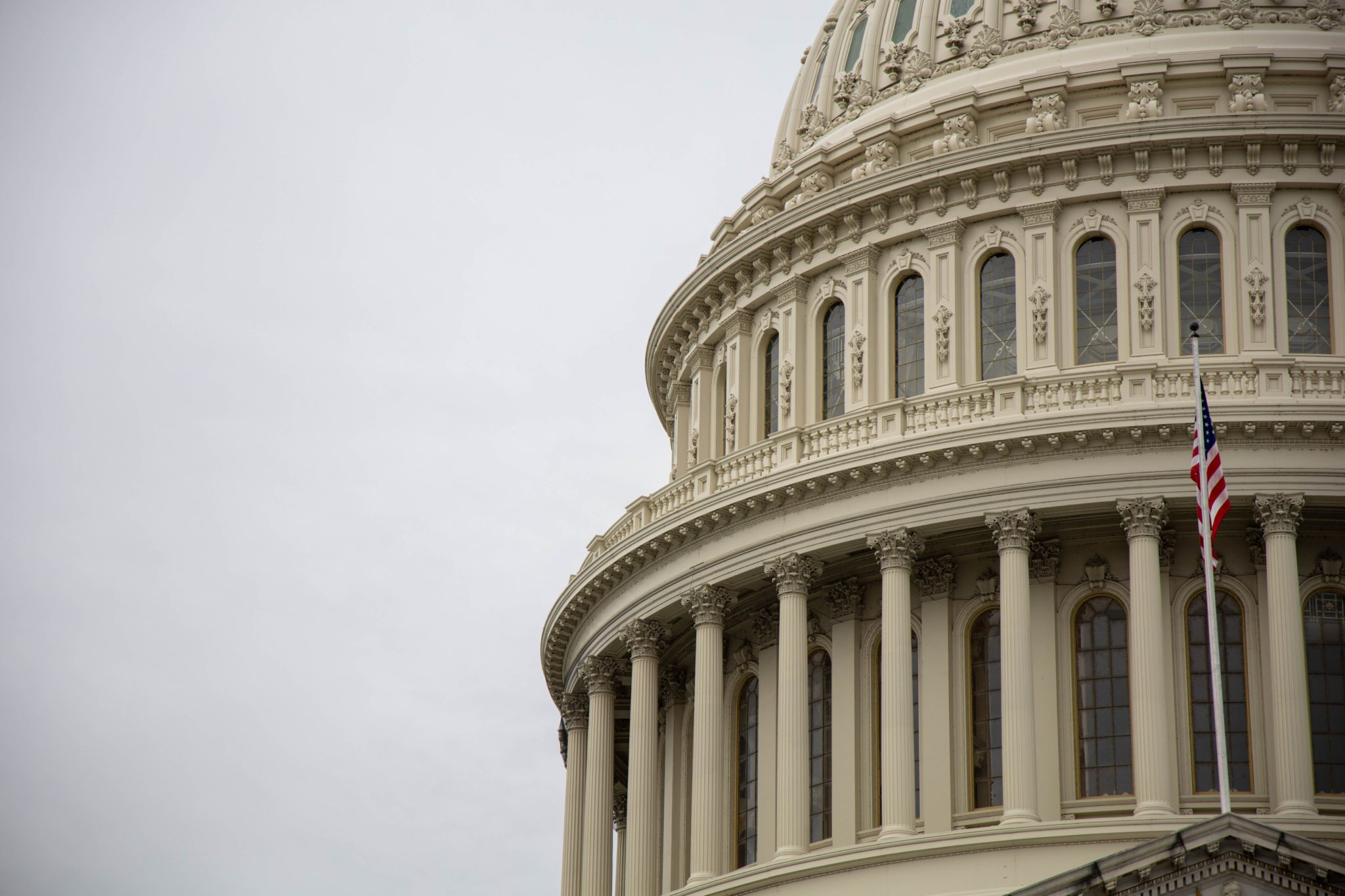The charitable sector needs your help to tell Congress about how laws governing charitable giving help our communities. As your organization plans upcoming discussions with federal policymakers, please consider using these talking points about how to unlock more charitable giving to support nonprofits’ critical missions. We’ve also provided more in-depth background information for those who may want to dive a little deeper in their conversation.
They’re easy to incorporate into your organization’s Hill Day in Washington, DC or meetings with your Members of Congress in your home districts. Learn more about our efforts to preserve and expand the charitable deduction.
Main Talking Points
The charitable deduction encourages more giving.
- For 100 years, our tax code has been a powerful tool to encourage and empower Americans to support their communities through charitable giving.
- Regardless of their income level, taxpayers who receive a deduction for their contributions give more to charities than those that do not receive a deduction.
- The nonprofit sector appreciates that policymakers say protecting the charitable deduction is a priority in tax reform.
- However, proposed changes to the tax code could ultimately limit the value of this critical incentive; reducing giving by $17 – $34 billion.
Americans support expanding the charitable deduction.
- A 2017 poll found that 85 percent of American voters support protecting the charitable deduction. In the same poll, 75 percent of voters support expanding the charitable deduction to all taxpayers.
The charitable community wants to work with policymakers on this issue.
- Tax reform provides a unique opportunity to explore policies that could further increase giving and support of local communities.
- A universal deduction, or non-itemizer deduction, is one way to enhance giving while also meeting major goals of tax reform by treating all taxpayers fairly under the tax code and providing a greater incentive for low and middle-income taxpayers.
- On the 100th anniversary of the charitable deduction, we urge policymakers to seize this opportunity to enact policies that expand this incentive to 100 percent of American taxpayers.
Background
Tax Reform Proposals Affecting the Charitable Deduction
- For the past 100 years, the charitable tax deduction has encouraged individuals to give generously to charitable organizations – but it is currently available to only those who itemize their tax returns.
- According to Giving USA, taxpayers who itemized charitable contributions comprised 82 percent of $265 billion in individual giving in 2015.
- The charitable deduction is the only deduction that provides no benefit to the contributor.
- Instead, gifts to charity improve communities, compliment government programs, and create jobs.
- The charitable deduction creates $2.50 in benefits to communities and people in need for every $1 donors save on their taxes. The government is unlikely to find a more efficient way to leverage private investment in community services.
- As government and private sector organizations face tight budgets, demand for philanthropic resources is high. We need to enact policies that encourage charitable giving, not curtail it.
- [We encourage charitable organizations to discuss specific examples of how charitable giving affects your organization and its services.]
- Charitable giving provides the foundation for funding the nonprofit sector, which employs 11.4 million workers and the third largest workforce in the country.
- Half of nonprofits with government grants match the public funds with private dollars, and the average costs shared by nonprofits was 44 percent.
- We appreciate that an incentive for charitable giving has been a part of recent tax reform proposals and conversations. However, these same proposals significantly reduce incentives to give and the total amount of individual contributions to charity.
- While President Trump’s Tax Plan and the House Republican Blueprint preserves a tax incentive for charitable giving, the proposal to double the current standard deduction will significantly reduce the number of taxpayers who itemize (from roughly 30 percent to 5 percent), effectively eliminating the charitable deduction for 95 percent of Americans.
- Additionally, President Trump’s plan includes a $100,000 hard dollar cap ($200,000 for couples/families filing jointly) that would eliminate the charitable deduction for many of the remaining taxpayers who itemize.
- The nonpartisan Tax Policy Center estimates that President Trump’s tax plan would reduce giving by 4.5 to 9 percent.
- Analysis from the American Enterprise Institute estimates that President Trump’s current tax proposal could eliminate more than $17 billion in annual giving.
- We also have concerns about other proposals that would limit the charitable deduction, such as the two-percent adjusted gross income floor included in former House Ways and Means Chairman Dave Camp’s tax reform discussion draft.
- Floor proposals send a signal that gifts below the floor, including those made by middle to lower income donors, are less valued and would act as additional hurdle for the remaining five percent of itemizing taxpayers. A floor would decrease overall charitable giving.
- One survey indicated that the charitable sector would lose $3 billion per year in charitable contributions if a two percent adjusted gross income (AGI) floor were imposed.
Our Proposed Solution
- Instead of enacting changes that would curtail the charitable deduction, lawmakers should strive to enhance and expand it.
- Our tax code is the most powerful tool available to send the message that Americans strongly support charitable giving.
- Regardless of their income level, taxpayers who receive a deduction for their contributions give more to charities than those that do not receive a deduction.
- A universal, or above-the-line, charitable deduction would create a fairer tax code that incentivizes all Americans, regardless of their income, to give to the best of their abilities in support of their communities.
- A universal, charitable deduction would expand the deduction to all taxpayers and exclude all charitable gifts from taxation.t increases giving in both dollars and number of new donors;
- It increase fairness by treating all taxpayers’ charitable contributions equally under the tax code; and
- It provides modest tax relief for low- and middle-income taxpayers.
- The nonpartisan Tax Policy Center estimates that if the House Ways and Means Committee added a universal deduction, much of his proposal’s negative impact on charitable giving (an estimated $17-$34 billion reduction in giving) could be avoided.
- With this year representing the 100th anniversary of the charitable deduction, we urge policymakers to consider policies that preserve strong incentives for charitable giving. Now is not the time to reduce the value of America’s long-standing giving tradition!
Sources: American Enterprise Institute, Congressional Budget Office, Independent Sector, Indiana University, and Tax Policy Center.



